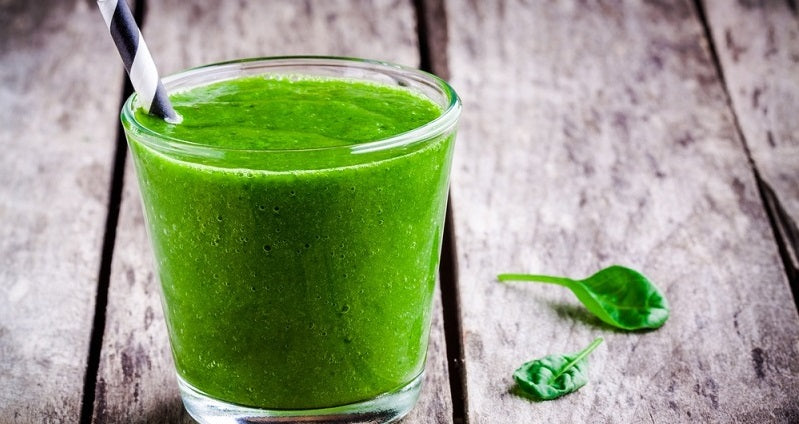
Following the Whole 30 diet is a trend that is not going away any time soon. Followed by tons of people with success, it is a way of eating that promises weight loss and is promoted as an entire lifestyle change.
It is essentially an elimination diet and people tend to have success with weight loss by following this way of eating.
The Whole 30 diet has strict rules regarding which foods are allowed to eat and which are restricted.
If you are choosing to adopt this diet into your lifestyle, you may be wondering whether spirulina is an approved food to eat when following Whole 30.
What is the Whole 30 Diet?

The Whole 30 diet is one that emphasizes certain foods and restricts others.
Specifically, foods allowed on the Whole 30 diet are proteins and whole foods like vegetables and nuts.
It can be viewed as a Paleo diet with additional restrictions and it is supposed to be followed for a shorter period of time (30 days).
Some foods permitted on the Whole 30 diet include:
- Vegetables
- Seafood
- Eggs
- Meat
- Nuts
- Seeds
- Ghee (dairy free purified butter)
- Potatoes
The diet does not allow followers to consume sugars, natural sweeteners, alcohol, grains, soy, legumes, and dairy. Here are some examples:
- Maple syrup
- Peanut butter
- Cheese
- Carrageenan (an additive used to thicken, emulsify, and preserve foods and drinks)
- Monosodium glutamate (MSG)
- Rice
- Wheat
Typically, this diet is followed for 30 “whole” days.
But, some people choose to follow it for a longer period of time. The goal is to eliminate foods that the creators call “trigger” foods.
After a 30-day elimination, these foods can be slowly reintroduced into one’s diet. During the reintroduction phase, participants can pay attention to and learn whether certain foods trigger certain undesired feelings like negative GI symptoms.
What is Spirulina?

Spirulina is a blue-green algae naturally found in water. It is a versatile and nutritious-dense food that is becoming more popular as an addition to healthy diets.
Spirulina is known to be a nutritious food that offers unique benefits. From being a rich source of plant-based protein to offering a natural source of iron, the nutritional makeup of this algae is impressive.
It also offers a slew of micronutrients that promote overall health and wellness.
In terms of health benefits, data suggests that consumption of spirulina may result in a reduced hypertension risk, support weight loss goals, and improve endurance.
It also has been shown to have antioxidant and anti-inflammatory properties, and contains natural omega-3 fatty acids that are important for optimizing one’s health.
The natural vitamin B12 found in this algae is a welcomed feature for those following a vegan lifestyle and are challenged with taking in adequate amounts of this nutrient (since many foods that contain vitamin B12 are animal-based).
In a nutshell, including spirulina into one’s diet can be a very positive choice.
Is Spirulina Whole 30 Approved?

Thinking back to the criteria that makes a food Whole 30 approved, there is no reason why spirulina is not permitted when following this diet, as long as some caveats are taken into consideration.
While pure spirulina is Whole 30 compliant, some additives found in spirulina supplements are not approved, including certain fillers that contain soy.
Additionally, some foods that are made with spirulina are not Whole 30 compliant (like dairy-containing spirulina smoothies or ice creams). Pay attention to food labels when choosing spirulina options and following the Whole 30 diet.
When following the Whole 30 diet, it is important to choose spirulina products like our green superfood powder. You want to stick with products that are clean and not combined with non-approved ingredients.
Key Takeaway
Spirulina is a simple addition to a healthy diet and is Whole 30 approved.
Feel free to add spirulina to your latte, chia pudding, smoothie, or even guacamole when following the Whole 30 diet and feel confident that you are remaining in compliance without compromising on healthy ingredients.






